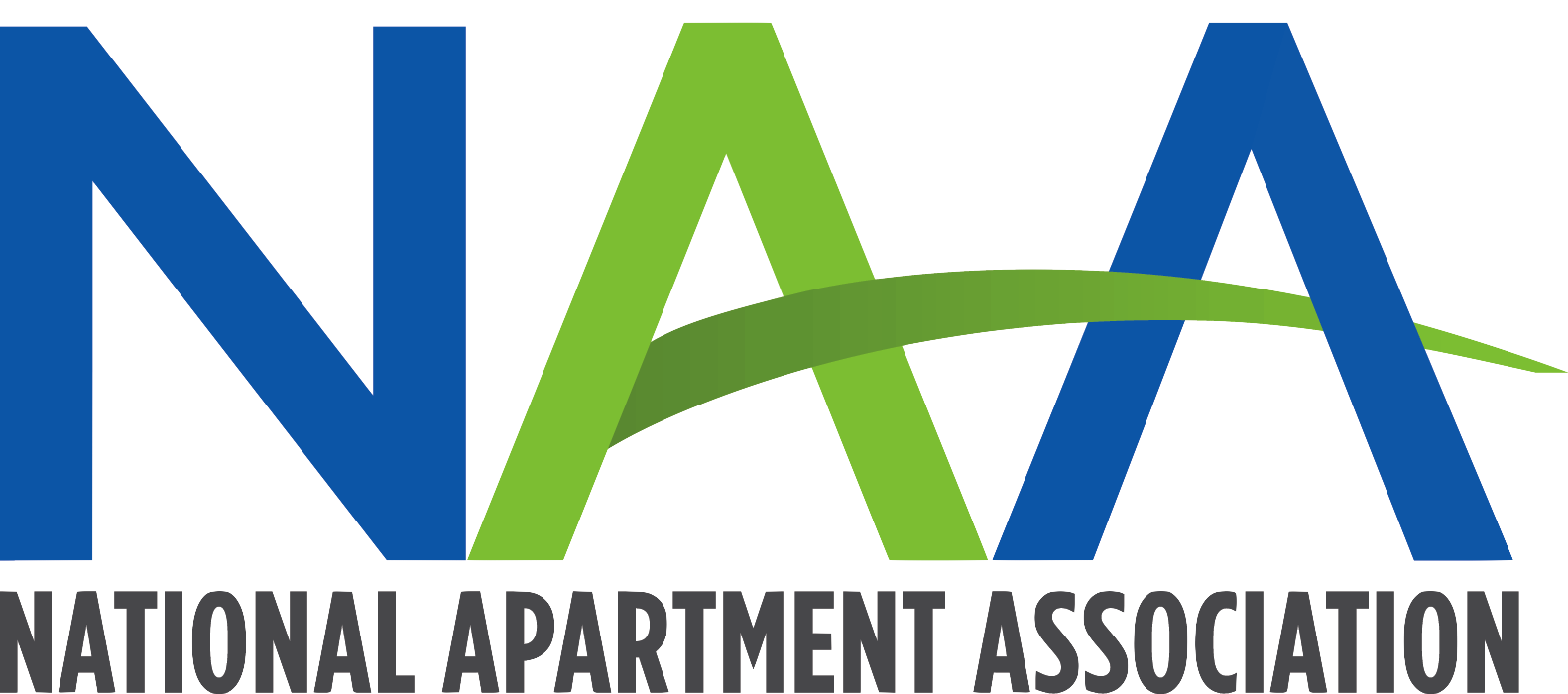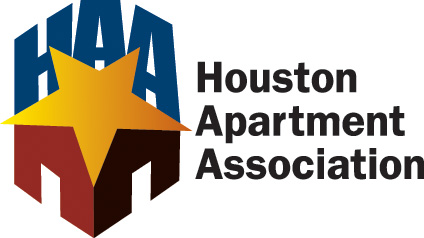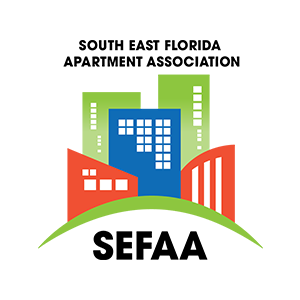HOA Parking Rules
What You Need to Know to Keep Things Running Smoothly
When it comes to managing a homeowners association (HOA), parking rules can be one of the most challenging yet essential parts of maintaining harmony. Parking disputes, crowded streets, and unauthorized vehicles are common issues many HOA communities face. This blog dives into the basics of HOA parking rules, how they are enforced, and how technology, like digital parking permits, can help streamline the process.
Why Do HOAs Need Parking Rules?
Parking rules are an essential part of maintaining order and appearance in HOA-governed communities. These regulations ensure that neighborhoods remain attractive, safe, and functional for all residents. Forbes explains, “An HOA is a resident-run private organization that governs a neighborhood, primarily to set up and enforce rules that are aimed at keeping the neighborhood’s appearance consistent. HOAs also provide upkeep of common spaces and sometimes the property surrounding individual homes.”
HOA parking rules exist for several key reasons:
- Maintaining Property Values: A well-maintained parking area free of clutter (like RVs and trailers) keeps the neighborhood looking neat and ensures property values remain high.
- Ensuring Fair Access: Clear rules ensure that every resident has fair access to parking, preventing overcrowding or parking conflicts between neighbors.
- Enhancing Safety: Regulations can prevent vehicles from blocking emergency lanes, sidewalks, or other critical areas.
However, for these rules to be effective, they must be enforced properly and communicated clearly to everyone in the community.
Common HOA Parking Rules
Not all HOA parking rules are the same, but there are several that tend to pop up frequently across different communities:
- Vehicle Type Restrictions: Many HOAs restrict parking for large or commercial vehicles like RVs, trailers, and boats. These vehicles take up a lot of space and can be visually unappealing, which is why HOAs often prefer they be kept off the main roads or designated lots.
- Guest Parking Limits: Some HOAs limit how long guests can park in shared spaces to prevent overcrowding. For example, visitors might be required to park in designated guest areas and may have a time limit to ensure turnover.
- Time Restrictions: Some communities impose limits on how long a car can stay parked in certain spots. If a vehicle overstays this limit, it may face fines or even towing.
Enforcing HOA Parking Rules
Enforcing parking rules can be one of the toughest jobs for HOA boards. Clear communication and fair enforcement are key to preventing disputes. Here are some tips for keeping enforcement smooth:
- Signage: Ensure that all parking rules are clearly posted, especially in high-traffic areas. Signs should clearly outline any restrictions or limitations to avoid confusion.
- Warnings and Fines: Before taking drastic measures like towing, issuing warnings or fines for minor infractions is a good way to encourage compliance.
- Towing: As a last resort, towing can be used to deal with persistent violators. Always be sure to follow local laws when enforcing towing policies.
How Digital Parking Permits Help HOAs Stay Organized
One of the biggest headaches for HOA communities is managing parking permits, especially if residents need to register vehicles and guests frequently. This is where parking management software, with features like digital parking permits, comes in. These permits streamline the entire process, removing the need for physical stickers or tags while simplifying enforcement.
Here’s why digital permits can be a game-changer:
- Online Management: Residents can easily register or renew their parking permits online, which saves time for both the HOA and residents. No more office visits or paperwork!
- Real-Time Enforcement: With digital permits linked to license plate numbers, enforcement becomes much easier. Property managers can instantly check which vehicles are authorized to park in certain areas, ensuring quick identification of violators.
- Reduce Unauthorized Parking: Digital permits help minimize unauthorized parking by automatically monitoring parking spaces and alerting the HOA to any issues.
Leveraging License Plate Readers (LPRs) for Efficient Enforcement
To further streamline parking management, some HOAs have adopted License Plate Readers (LPRs), a feature often found in advanced parking management software. These systems automatically scan and verify license plates as cars enter and exit the community, ensuring only authorized vehicles are using the parking spaces.
Here are some key benefits of LPRs:
- Increased Security: LPRs help deter unauthorized vehicles from entering the community, ensuring only registered residents and guests have access.
- Automated Monitoring: With LPRs, the HOA doesn’t need to rely on manual inspections or spot checks. The system continuously monitors vehicles in real-time.
- Better Enforcement: Combined with digital permits, LPRs make it easier to enforce parking rules consistently and efficiently without the need for physical patrols.
Best Practices for HOAs to Avoid Parking Conflicts
HOAs can prevent parking issues from spiraling out of control by adopting these best practices:
- Regularly Update Rules: As communities grow and change, so should the parking rules. HOAs should regularly review and update their rules to fit the current needs of the neighborhood.
- Offer Parking Solutions: If parking spaces are limited, consider offering overflow or guest parking areas to avoid conflict.
- Communicate Clearly: Make sure all residents understand the parking rules and the consequences of not following them. Posting regular reminders through newsletters or emails can help keep everyone informed.
HOAs can prevent parking issues from spiraling out of control by adopting these best practices and leveraging parking management software to monitor and enforce parking rules more efficiently.
Final Thoughts
HOA parking rules may seem strict, but they are essential for maintaining order and fairness in a community. By enforcing these rules effectively and adopting modern tools like digital parking permits and license plate readers, HOAs can make parking management simpler, reduce conflicts, and keep their community running smoothly.
Looking for ways to improve your HOA’s parking management? Consider exploring parking management software that can enhance both security and efficiency for your neighborhood.








